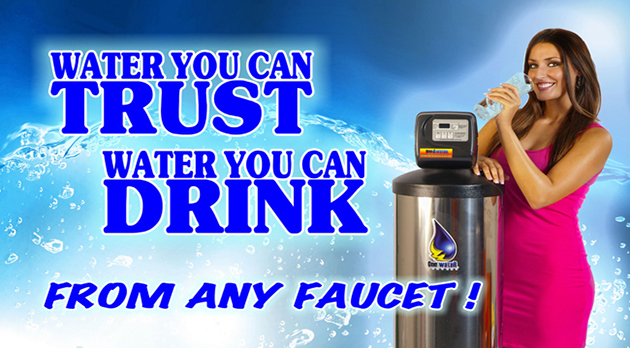Consumer review truths DO NOT BELIEVE WHAT YOU REVIEW.
Consumer review truths DO NOT BELIEVE WHAT YOU REVIEW. In this electronic fast moving world made up of the youtube, Facebook and twitters amongst us, its sometimes very distracting and confusing as to what is real and what is made up. Once we would rely on the 9.00 news, or daily newspaper to tell us whats right and wrong, good or bad, now its just a button away within arms reach... your smartphone. As a successful business owner of One Water Systems [...]




